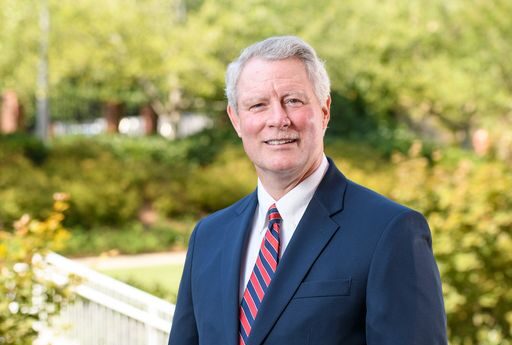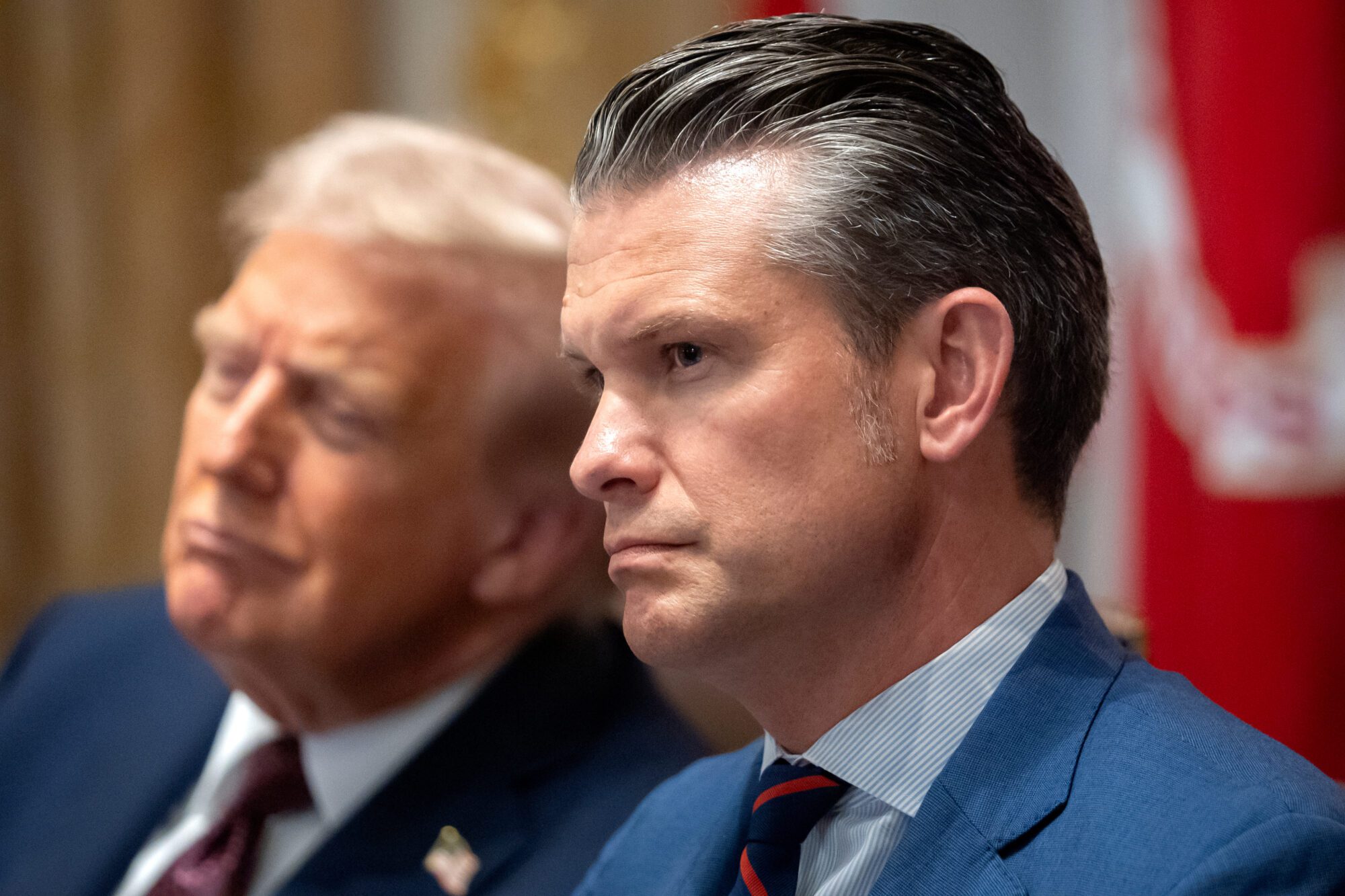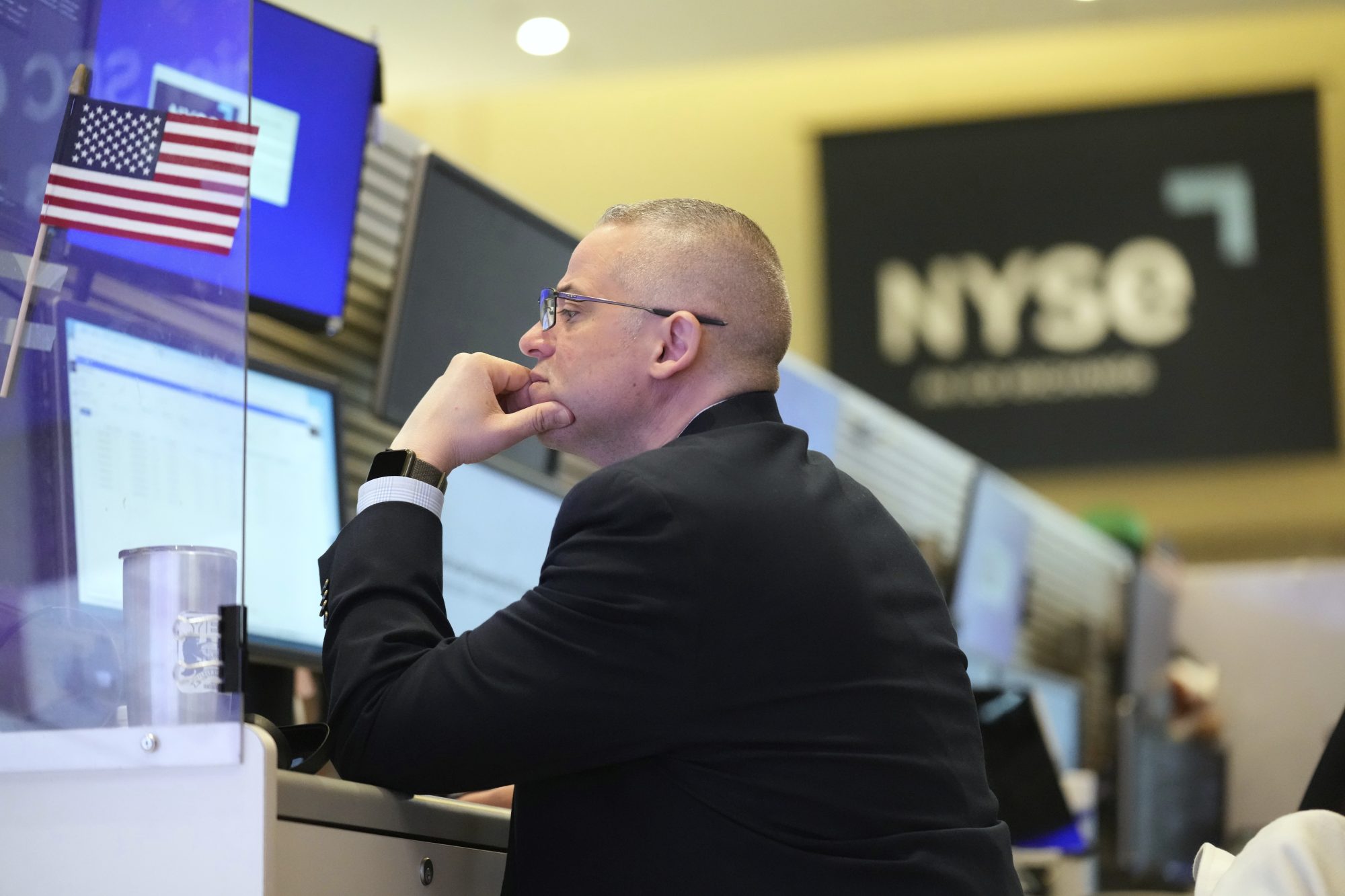
- The U.S. Supreme Court ruled Wednesday that the plaintiffs lacked standing in a case claiming the White House’s “censorship enterprise” influenced social media companies to regulate user content.
In a 6-3 decision, the U.S. Supreme Court handed the Biden Administration an election year victory on Wednesday, allowing the White House and other federal agencies to continue to urge social media platforms to regulate content the government deems to be disinformation.
The case, Murthy v. Missouri, stems from the states of Louisiana and Missouri, along with individual users, challenging the Biden Administration’s “censorship enterprise” that influenced social media companies such as X (formerly Twitter) and Facebook to take down or modify user posts related to public health and elections.
As court documents show, during the COVID pandemic period, federal officials regularly spoke with the platforms about the virus as well as what they believed to be election-related misinformation. Emails were entered into record between the Biden Administration and the social media companies.
“For example, White House officials publicly and privately called on the platforms to do more to address vaccine misinformation,” as stated by the Supreme Court.
The plaintiffs claimed the Biden Administration had pressured the tech companies into silencing voices they disagreed with or suppress content that was unfavorable, often referred to as “jawboning.”
The matter made its way to the Supreme Court after the Biden Administration appealed the Fifth Circuit Court of Appeals ruling that partially kept a preliminary injunction from a lower court in place. That injunction against the Biden Administration barred federal employees from improperly influencing or coercing the social media platforms to remove content.
The Fifth Circuit limited the scope of the injunction to include the White House, Surgeon General, FBI and the Centers for Disease Control and Prevention. The federal court’s three-judge panel ruled that the Biden Administration had commandeered the tech companies’ decision-making processes in violation of the First Amendment.
Wednesday’s decision from the U.S. Supreme Court bypassed the heavier First Amendment arguments, and instead ruled that the two states and five individual social media users did not have standing to bring the case against the Biden Administration. The users, as noted in the ruling, were three doctors, the owner of a news website, and a healthcare activist.
Justice Amy Coney Barrett, writing for the majority, said the Fifth Circuit was wrong to allow the injunction to remain.
“To establish standing, the plaintiffs must demonstrate a substantial risk that, in the near future, they will suffer an injury that is traceable to a Government defendant and redressable by the injunction they seek,” Barrett wrote. “Because no plaintiff has carried that burden, none has standing to seek a preliminary injunction.”
Justice Barrett goes on to write that since the plaintiffs lack standing, the court lacks jurisdiction to reach the merits of the dispute.
“The plaintiffs, without any concrete link between their injuries and the defendants’ conduct, ask us to conduct a review of the years-long communications between dozens of federal officials, across different agencies, with different social-media platforms, about different topics,” Justice Barrett continued. “This Court’s standing doctrine prevents us from ‘exercis[ing such] general legal oversight’ of the other branches of Government.”
Barrett was joined in the majority decision by Chief Justice John Roberts and Justices Sonia Sotomayor, Elena Kagan, Brett Kavanaugh and Ketanji Brown Jackson.
Justices Samuel Alito, Clarence Thomas and Neil Gorsuch dissented.
Alito, writing for the minority, said if the lower court’s assessment of the voluminous record is correct, “this is one of the most important free speech cases to reach this Court in years.”
“Freedom of speech serves many valuable purposes, but its most important role is protection of speech that is essential to democratic self-government, and speech that advances humanity’s store of knowledge, thought, and expression in fields such as science, medicine, history, the social sciences, philosophy, and the arts,” Justice Alito wrote. “The speech at issue falls squarely into those categories. It concerns the COVID–19 virus, which has killed more than a million Americans.”
Alito goes on to say that the country’s response to the COVID–19 pandemic “was and remains a matter of enormous medical, social, political, geopolitical, and economic importance, and our dedication to a free marketplace of ideas demands that dissenting views on such matters be allowed.”
You can read the full decision and dissent in the case here.











